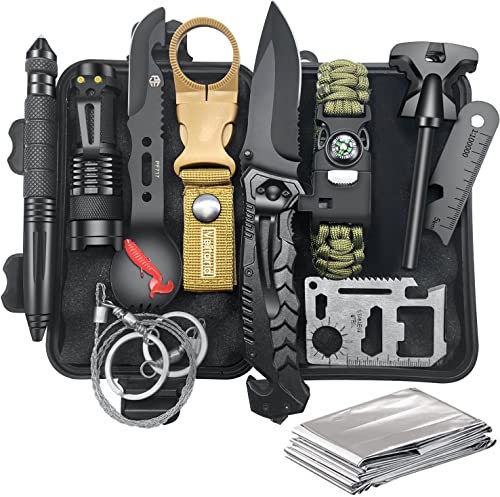HI Rebecca
How did you manage during Winter.
I think the reason why i'm asking is because still a little "Scared" to make this drastic change.
Note to all as I noticed when I'm typing because I am talking to a South African I am getting my SA and American names for things confused so if it looks weird I forgot to translate lol. Eg gas in SA is propane and used to cook on. Gas in America is petrol and you stick that in your car.
I think if my answer has any value it will depend on if your immigrating to a colder country or staying in SA. Also keep in mind most people who move to Canada buy or rent a proper house, it has central heating, electricity and all the bells and whistles, and winter is fun from the start. I totally do not recommend our way to anybody unless they are beyond super determined.
Look in total honestly the first winter sucked. But at the same time winter in Canada is a lot more brutal than winter in the NorthWest. I know places in SA get below 0C, some as low as -6 or -8C. So cold is still a factor but at the same time it's not -25 or -40. We are not rich in fact we were scraping the bottom that first winter so while I had adequate shelter the cabin was still un insulated, my husband got a job that requires him to be away 3 weeks a month so I dealt with most of it alone. I think shear stubbornness got me through that first winter. I also didn't have solar yet so lighting was oil lamps. My only electric device was my cell phone and I charged that in the car..that was another mistake...only being able to afford an old car..out here in rural Canada. The following year we could afford a truck. (bakkie..think double cab Toyota Hilux but bigger..its awesome). Oh but I learned a lot in a hurry!
By the second winter I had insulated every square inch of this place. Installed a better wood burning stove for heat. We had the tools, the clothing, the fuel, the vehicle and most important personal experience because reading and videos are all good until you find yourself hip deep in snow. The second winter was so much better than the first as to be beyond compare. The third was even better, and now sliding rapidly towards the 4th and I am not even concerned about it.
In terms of off grid winters in SA (I will imagine Sutherland as if I recall that's the coldest town in SA? ) you will need some form of insulation in the walls and roof, which is pretty rare or impossible to find there but research alternative insulation like sheep wool. Put in a fireplace or wood stove if you can find one. Get a gas (propane) stove to cook on. Maybe a kerosene heater as back up. The right clothing goes a very long way as I found with this lifestyle, winter or summer, you spend a lot of time outside.
To touch on your container idea, I say if you have researched it thoroughly go for it. Year one we built a little cabin, this year we got 2 containers delivered that I am converting. Thinking of like a game reserve camp set up..one building is the kitchen, one bedroom and bathroom, another for something else. If you have experience building that is great, if not someone you can ask (my Dad would have been the perfect person for me but it was not to be) so I learned through books, youtube and irritating the employees at the hardware store.
My final note at the end if this rambling essay:
Boer maak 'n plan.
If you know what you want, have researched it to death, go for it and let no one tell you otherwise. If I had listened to all the naysayers and negative Nancy's I wouldn't be here.
Oh and your off grid, what other excuse do you need to build the best braai area ever???


















































